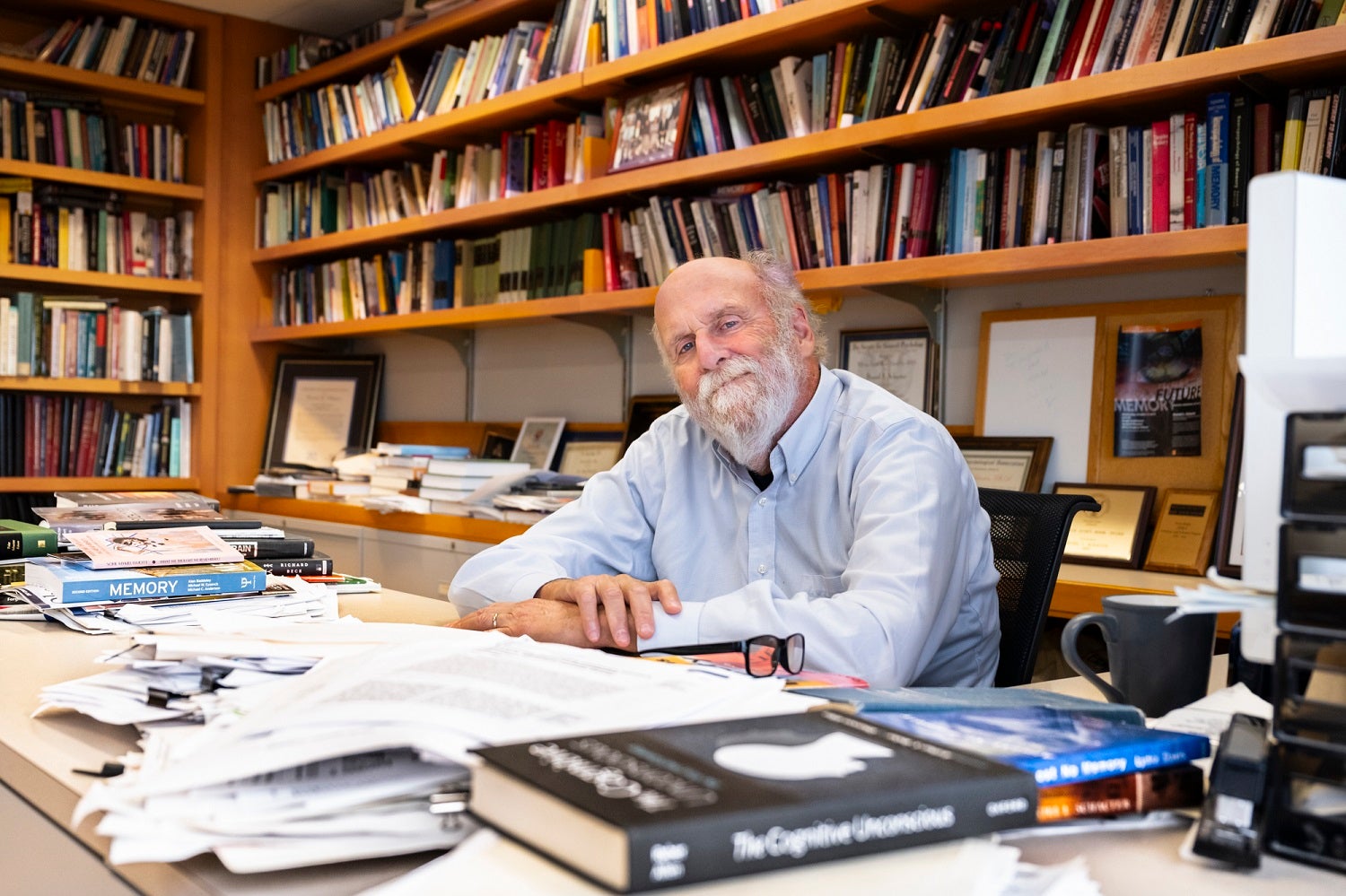
Schacter’s research is broadly concerned with understanding the nature and function of human memory, using cognitive, neuropsychological, and neuroimaging approaches. He is especially interested in understanding the constructive nature of memory: why it is that memory is not always accurate, and how memory distortions can provide important insights into the working of memory works. Much recent research in his lab has explored the idea that memory plays a critical role in allowing individuals to imagine or simulate events that might occur in their personal futures. He has suggested that understanding memory’s role in future event simulation may be important for understanding the constructive nature of memory, because the former requires a system that allows flexible recombination of elements of past experience, which may also contribute to memory errors. Other related topics of current interest include the contributions of memory to creativity and problem solving, effects of aging on various aspects of memory and cognition, relations among memory, learning and mind wandering, and how to improve learning from lectures.
